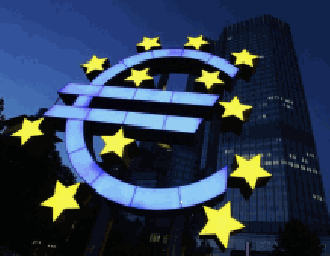Brussels will support democracy in oppressive states through a new fund
11.01.2013 | In the World

Countries with a political situation like Belarus will soon get easier and more direct access to funds aimed at the advancement of democracy thanks to a new scheme of funding opened recently in EU.
The European Endowment for Democracy (EED) was launched recently by the European Commission and a number of European countries as well as European deputies, reports EUobserver.
The EU’s foreign policy chief Catherine Ashton assumes that “the endowment comes at a very timely moment, as 2013 will be a crucial year for democratic transitions, in particular in the EU’s neighborhood”.
The EED signed an initial €6.2 million contract with the commission in September last year. Switzerland and a handful of other member states committed an additional €8 million. Another €10 million from the commission is expected over the next three years.
The fund is designed to bypass the more heavy administrative procedures attached to EU grant-giving and is open to journalists, bloggers, non-registered NGOs, and political movements – even in exile.
EU enlargement commissioner Stefan Füle said the EED will aid “the emerging players that face obstacles in accessing European Union funding.”
For her part, Nasta Palazhanka, one of the leaders of the Belarus Youth Front, told EUobserver in Minsk in late 2011 that EU support would be critical to a movement whose leadership is under constant KGB surveillance or in jail. “The more your popularity and your reputation grows, the more the repression increases,” she said.
Movements in Algeria, Armenia, the Palestinian Authority, Azerbaijan, Belarus, Egypt, Georgia, Jordan, Lebanon, Libya, Morocco, Moldova, Syria and Ukraine will have access to the endowment. But with neighboring Poland’s state secretary Jerzy Pomianouski at its helm, the EED may take on a distinctively eastern focus.
-
03.01
-
07.10
-
22.09
-
17.08
-
12.08
-
30.09










































